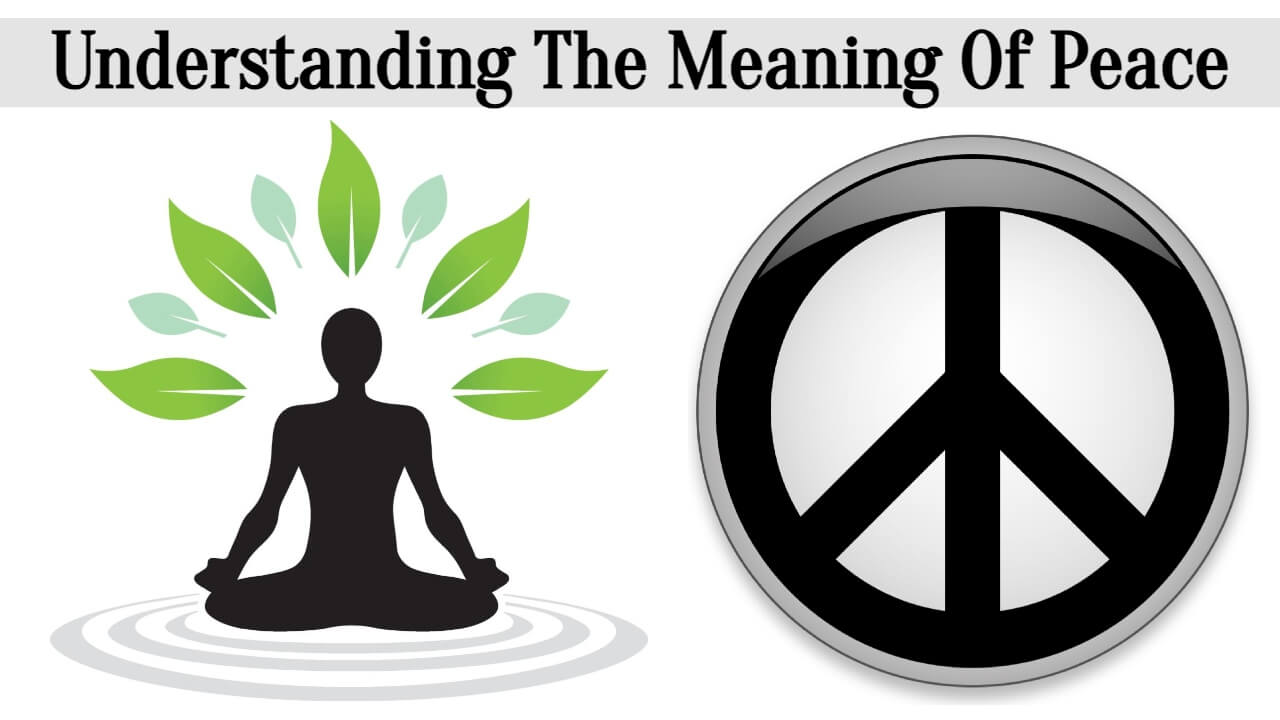

Peace is understood differently throughout cultures and time eras, yet certain essential aspects remain consistent. Peace, for example, is frequently connected with good feelings like love, happiness, and compassion. It is also seen as a vital condition for human growth and well-being, as well as for environmental preservation.
There are several variables that contribute to the establishment of peace. These include effective conflict resolution, decent governance, and human rights advancement. Additionally, education may be used to create awareness about the value of peace and inspire people to behave in ways that support it.
Peace is not always simple to achieve. Differences in culture, religion, morals, and political ideas, among other factors, can lead to conflict. In such cases, it is critical to seek common ground and participate in communication in order to find peaceful solutions.
Finally, peace is a complicated and diverse notion including several circumstances and elements. To establish a peaceful world, people, communities, and nations must work together. We can create a brighter future for everybody by working together and fostering peace, ensuring that future generations inherit a more peaceful, equitable, and just world.
Also Read: The Importance Of Sleep In Preserving Happiness And Mental Health
In today's article, we will learn the importance of happiness and how to maintain it…
Today, we will look at three common mistakes couples make in their relationships regarding intimacy…
In this article, we will learn about the simple ways that can help one overcome…
Check out the list of couples' biggest relationship mistakes in this article.
In this article, we will learn about anxiety and how one can handle it in…
In this article, you will understand the horrifying effects of child abuse.